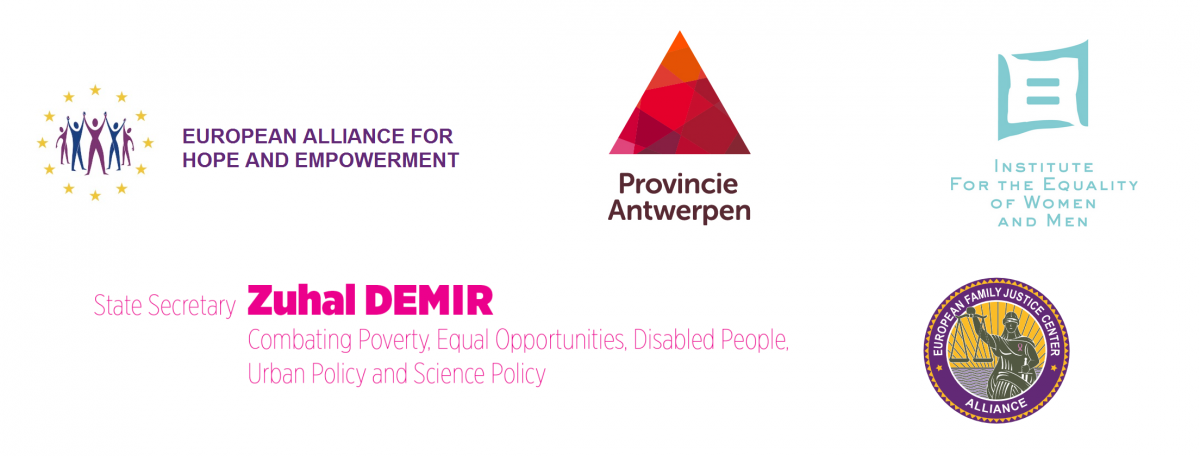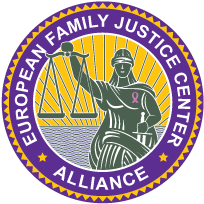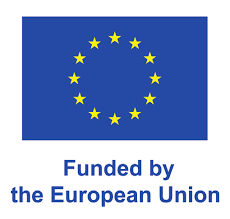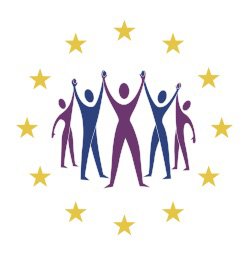Conference 1 December 2017: speeches and PowerPoints
The conference addressed a wide audience in the European context and is supported by the Belgian federal government in the context of the implementation of the Istanbul Convention. The conference focused the multidisciplinary approach of domestic violence, child abuse and sexual violence, looking at the work and values of the Family Justice Centers and affiliated multi-agency models. Various perspectives were integrated in the presentations and discussions: women's support, health care, perpetrator programs, child abuse advocacy, justice, police and government.
During the sessions different tools, methodologies and trainings were presented as basis for development of multi-disciplinary approach and the model of the European Family Justice Centers. The aim of the conference, to focus on the exchange of knowledge, insight and experiences, and to broaden the network between the various regions and professions involved, was well met.
Participants: The participants at the conference came from a wide range of organisations and regions: 108 persons from 19 EU-countries participated at the conference-day of 1 December 2017, working in the field of Family Justice Centers and multi-agency centers of domestic violence and child abuse, European commission, national and local policy, women’s aid, victim services, perpetrator programs, police, justice, health sector, mental healthcare, child advocacy, youth care, training centers, universities and research centers.
Speeches and PowerPoints presented at the conference: (click on the link for the PowerPoints)
After a warm welcome by Pascale Franck (day chairwoman, co-director FJC Antwerp, vice-president European Family Justice Center Alliance) and an introduction and the work of the FJC and multi-agency approach of domestic violence in Belgium by Niki D’Heedene (advisor Zuhal Demir, State-Secretary for Equal Opportunities Belgium) there were two speeches:
Speeches
- Domestic violence in the European policy by Karen Vandekerckhove, Head of Unit "Gender Equality", Directorate-General of Justice and Consumers, European Commission
(Powerpoint Karen Vandekerckhove) - The European Family Justice Center Alliance and the benefits of an integrated multidisciplinary approach of domestic violence in Europe by Bert Groen, president European Family Justice Center Alliance, including the movie “FJC’s in Europe”
(Powerpoint Bert Groen)
Workshops
Workshop 1
- The multidisciplinary approach and the FJC-model from the perspective of the victim by Marie Brown, FJC Derry, N. Ireland & Gerrianne Rozema en Teun Haans
(Powerpoint Marie Brown)
(Pdf-document Gerrianne Rozema en Teun Haans)
Workshop 2
- The multidisciplinary approach and the FJC-model from the perspective of the perpetrator programs by Nina George, European Network for Work With Perpetrators, UK & Kris Decraemer, Interactie-Academie, Belgium
(Pdf-document Nina George)
(Pdf-document Kris Decraemer) - The multidisciplinary approach and the FJC-model from the perspective of the child advocacy by Laura Cejmale, Centre Dardedze, Latvia, Ana Marija Spanic Child and Youth Protec on Center of Zagreb, Croatia & Dries Wyckmans, FJC Limburg, Belgium
(Powerpoint Laura Cejmale)
(Powerpoint Ana Marija Spanic and Dries Wyckmans)
Workshop 3
- The multidisciplinary approach and the FJC model from the perspective of Police and Justice by Maité de Rue, Deputy Prosecutor General Liege, Belgium & Berglind Eyólfsdóttir, FJC Reykjavik, Iceland
(Powerpoint Maité de Rue and Berglind Eyólfsdóttir) - “How to Start a FJC, what do you need to make it happen” by Davy Simons, FJC Antwerp, Belgium & Michele Rabaiotti, FJC Milan, Italy
(Powerpoint Davy Simons and Michele Rabaiotti) - The benefits/opportunities of the FJC-model from the perspective of the health sector and the cultural competence by Dr. Leo Pas, ACGP KUleuven, Belgium, Dr. Ghada Hatem, Maison de Femmes, FJC Paris, France & Carmen Fernandez Alonso, SEMFYC / Lydia Salvador Sanchez, Regional Health Service of Castilla y Leon, Spain
(Powerpoint Leo Pas)
(Powerpoint Ghada Hatem)
(Powerpoint Carmen Fernandez Alonso and Lydia Salvador Sanchez) - The role and benefits of the medical forensic work in the approach of family violence and lessons learned about strangulation by Dr. Cath White, SARC, UK
(Powerpoint Cath White)



